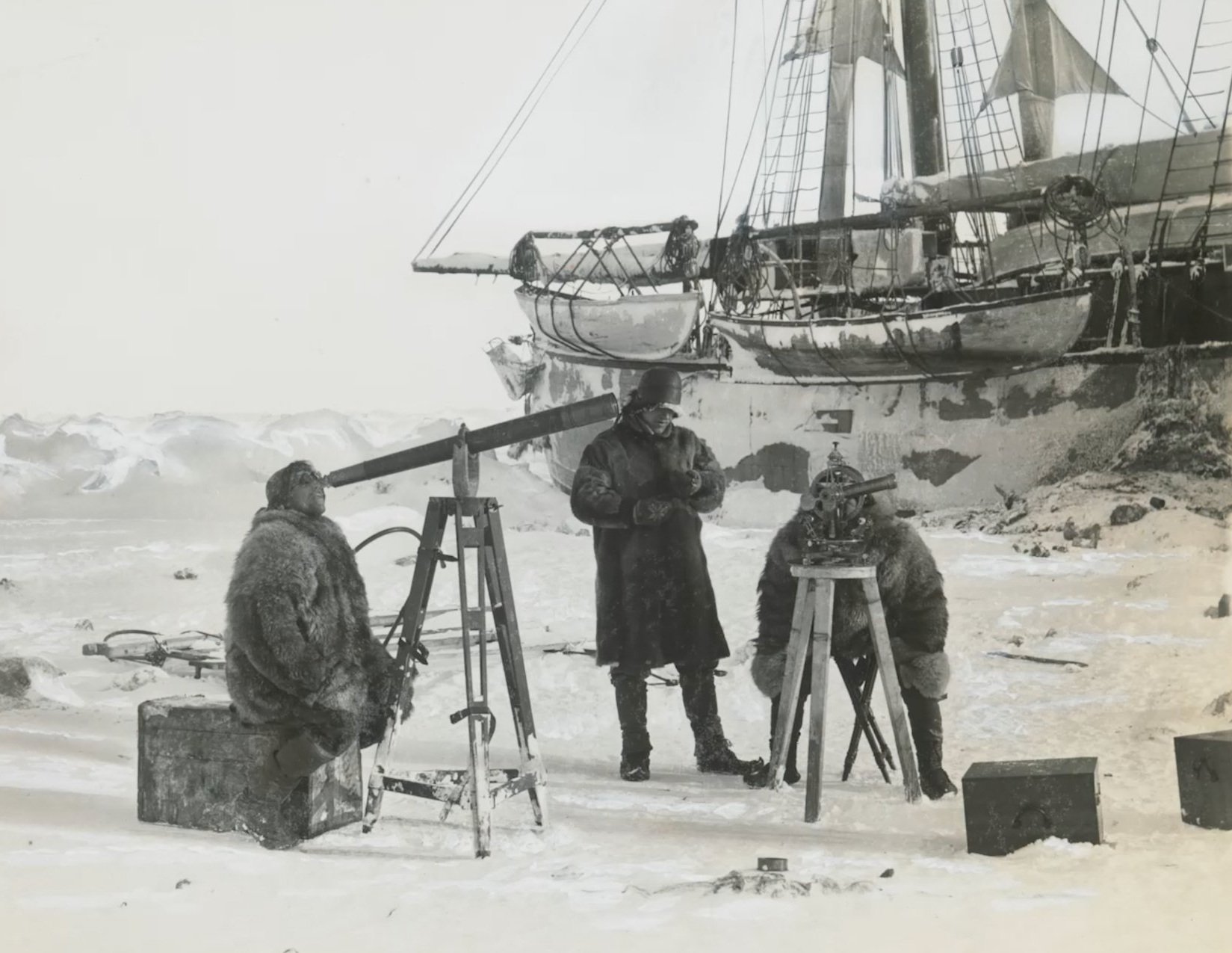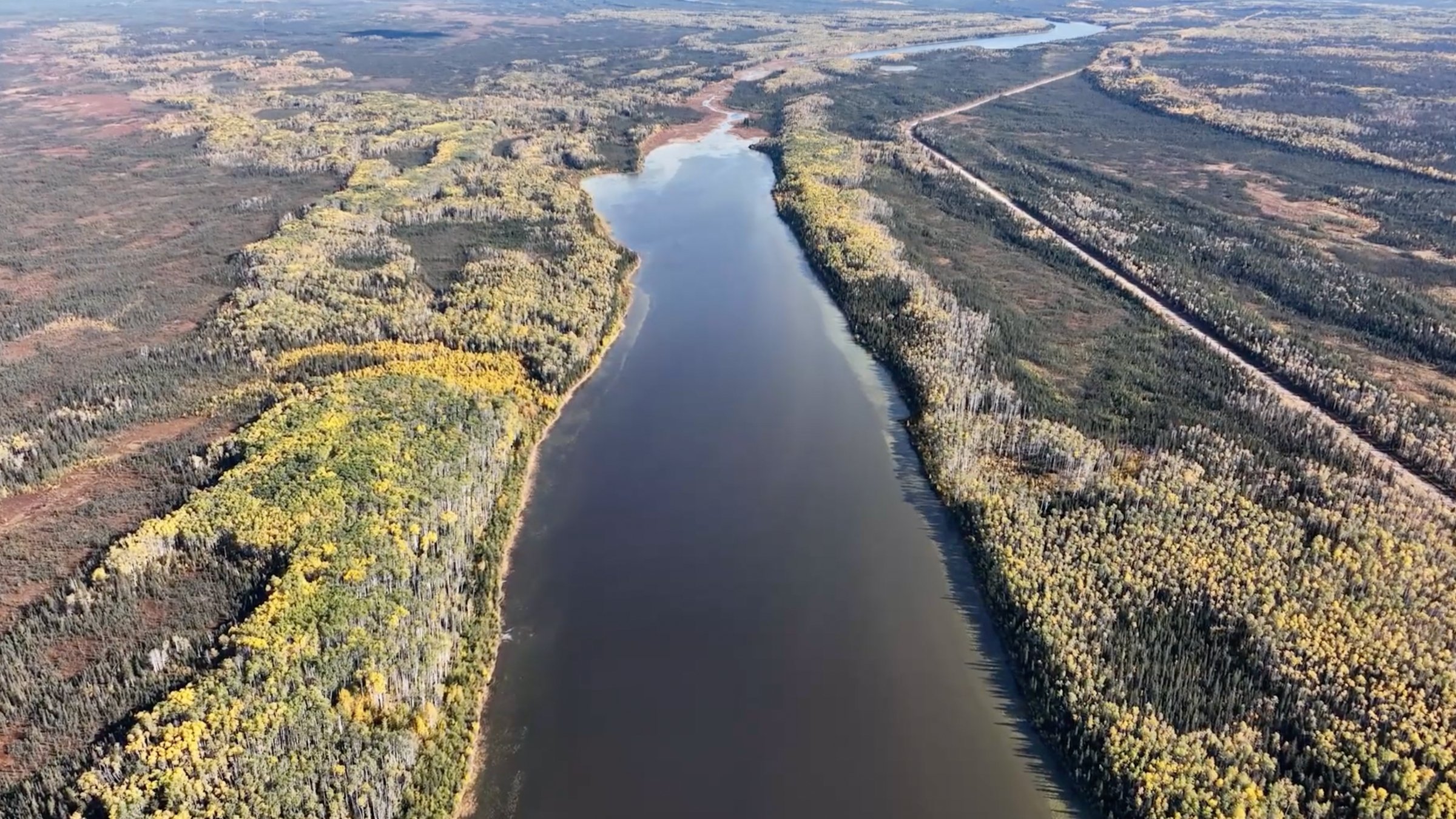
Call 10 | We call on all natural scientists and postsecondary research institutions to develop a new vision for conducting natural science: fundamentally mainstreaming reconciliation in all aspects of the scientific endeavour, from formulation to completion.
Excerpt from paperReconciliation requires a new vision for conducting natural science…. A common question we receive about research permitting is whether consultation with Indigenous communities is required. True reconciliation requires going beyond what is required….
DOWNLOAD THE PAPER (EN)
Download the paper (FR)Key Takeaways
Resist the urge to colonize the process of reconciliation. Reconciliation will necessarily be long and deep, and must not devolve into a shallow series of box-ticking exercises.
Invest in developing relationships with Indigenous peoples and communities early on.
Create opportunities to learn and understand Indigenous worldviews, protocols, and questions.
Integrate reciprocity into research.
Empower and reward scientists to find ways of conducting science that include reconciliation in their research process. Success will look different than traditional ways of viewing success in science.
For far too long, researchers have enjoyed great privilege as they have passed through our communities and homeland, using public or academic funding to answer their own questions about our environment, wildlife, and people. Many of these same researchers then ignore Inuit in creating the outcomes of their work for the advancement of their careers, their research institutions, or their governments. This type of exploitative relationship must end. Inuit, governments, and research institutions can do so by working together to transform research relationships.
Naten Obed, President, Inuit Tapiriit Kanatami (ITK) National Inuit Strategy on Research (NISR)Step-Up | Setting New Directions
Assume responsibility for enabling reconciliation within your own sphere of influence.
Create and foster space for Indigenous knowledge holders and representation within the science community.
Support and uplift Indigenous peoples in their journey of walking in two worlds.
Foster decisions and activities which will lead to Indigenous-led research, Indigenous Science and knowledge co-production becoming common terms within natural science.
Recognize that natural science, because it is so closely tied to the land, can support Indigenous self-determination, language preservation and cultural resurgence.
Aim for Canada becoming a world leader in promoting and supporting Indigenous research and knowledge co-production.



